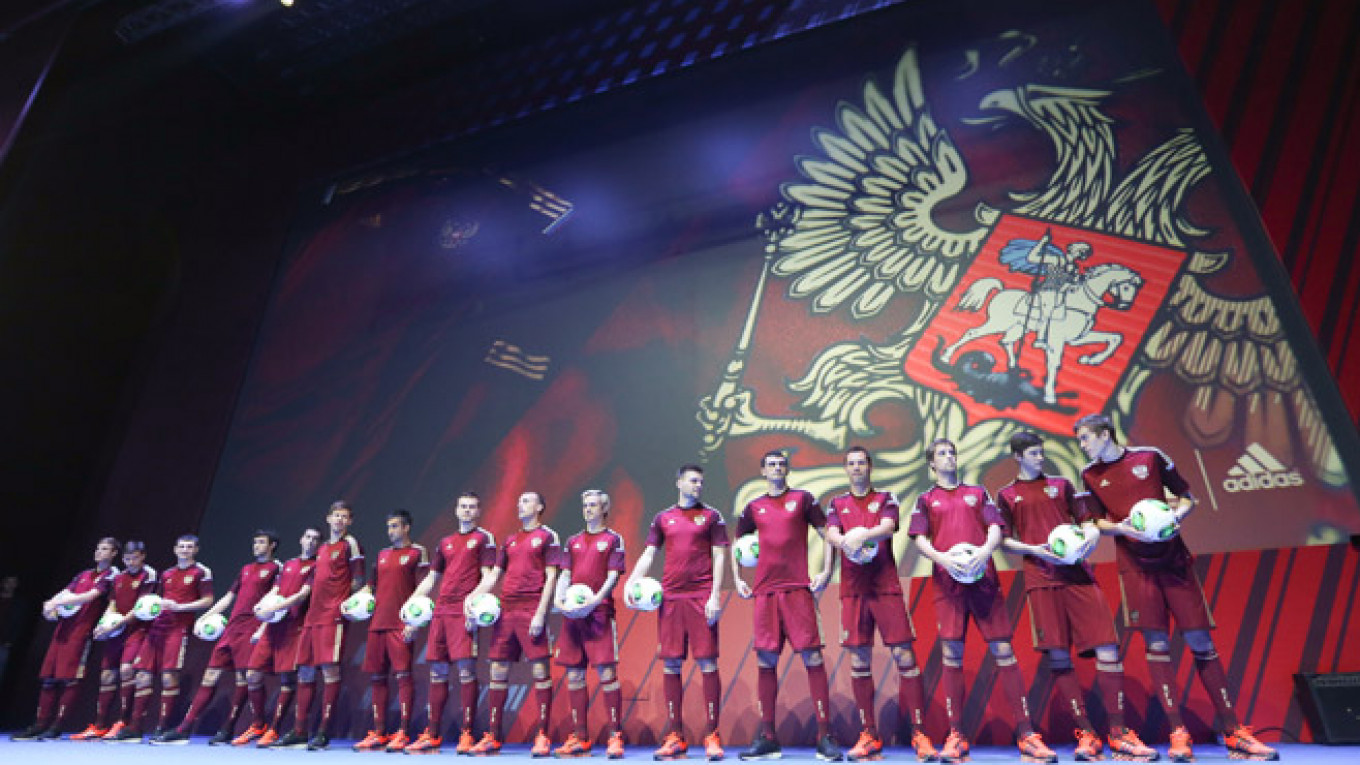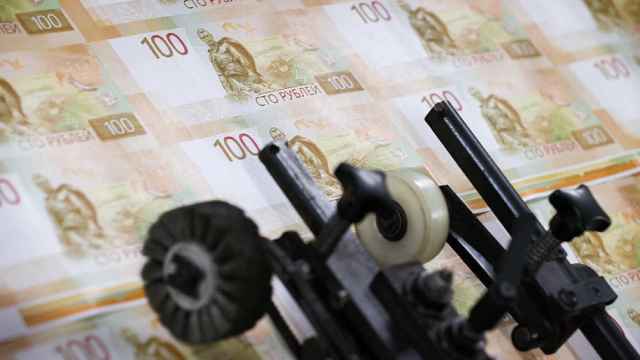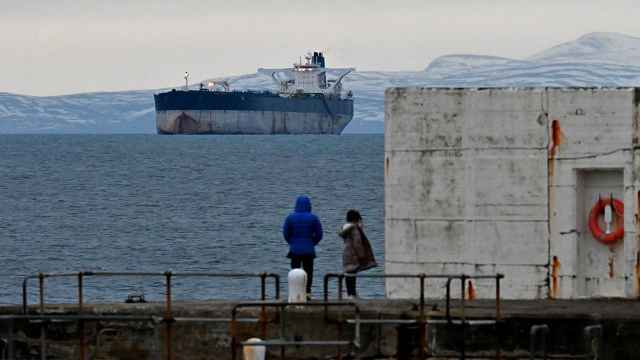It's hard to keep your mind on prospects for the World Cup in Russia in four years' time when the main news is a passenger plane being shot out of the sky, the victims left to rot in a field while a gang of camouflaged thugs tries to organize a cover-up. Not in the cliched "there's more to life than soccer" way, but in the "Joseph Brodsky not wanting anything more to do with a vile regime or any of its manifestations" way.
It is on days like these that the enthusiasm for 2018's carnival ebbs away completely.
And it is quickly replaced with the nagging thought that the only morally responsible action must be to begin petitioning for the tournament to be taken away from a country complicit in such an outrage. But what then?
The tragedy of Malaysia Airlines Flight MH17, which was shot down last week killing all 298 on board, has led to significantly strained relations between Russia and the West. But taking the World Cup away from Russia is not the solution.
To begin with, moving the 2018 World Cup away from Russia would be unlikely to cause nationwide dismay. The reaction of many Russians to getting the event in the first place was a shrug at best, followed by suggestions that it is just an opportunity for the same few friends of the Kremlin to further line their pockets.
Some argue that removing the World Cup would send a strong message that Russia's current conduct is not acceptable in the eyes of the world. But they must know that the message would only get through in a very adulterated form.
Russian media is almost totally eviscerated by state control: What elsewhere would be considered the perverse ranting of psychologically impaired Internet trolls now passes as mainstream journalism here. Taking the World Cup away from Russia would similarly be reported as a form of Western aggression.
But is there no alternative to this rebuilding of the Iron Curtain by both Moscow and Washington?
The notion that major sporting events help guarantee international harmony has long since been laughed out of the room. It is depressing to have to recognize that Sarajevo, where Torvill and Dean thrilled the world with their iconic Bolero ice dance in the 1984 Winter Olympics, was being shelled to rubble a decade later.
And it was the same Donetsk that is currently patrolled by insurrectionist riffraff that was host to the Spain versus Portugal Euro semi-final just two years ago. The legacy argument is rather in tatters.
Nevertheless, a million tourists are expected for Russia 2018, and the impact of such a mass volume of foreign guests interacting with Russians in Russian cities should not be underestimated.
Russia needs to be better known and better understood. It is a vast and vastly important country, facts that no boycott or pre-emptive cancellation of the World Cup are going to alter. It has a unique culture that it feels is often misrepresented abroad, and it has national interests that it feels, often with good cause, are not respected by the West.
To further isolate Russia would hardly enhance mutual understanding. It is proper engagement, not confrontation, that is sorely needed. Though at first glance a mass of intermingling football fans might not seem like a diplomatic opportunity, given the direction we are headed, it may be our best hope.
No matter how distasteful such a thought may seem at times like these, we must stay the course with Russia 2018.
Peter Beck is a freelance journalist and regular contributor to The Moscow Times on arts and culture.
A Message from The Moscow Times:
Dear readers,
We are facing unprecedented challenges. Russia's Prosecutor General's Office has designated The Moscow Times as an "undesirable" organization, criminalizing our work and putting our staff at risk of prosecution. This follows our earlier unjust labeling as a "foreign agent."
These actions are direct attempts to silence independent journalism in Russia. The authorities claim our work "discredits the decisions of the Russian leadership." We see things differently: we strive to provide accurate, unbiased reporting on Russia.
We, the journalists of The Moscow Times, refuse to be silenced. But to continue our work, we need your help.
Your support, no matter how small, makes a world of difference. If you can, please support us monthly starting from just $2. It's quick to set up, and every contribution makes a significant impact.
By supporting The Moscow Times, you're defending open, independent journalism in the face of repression. Thank you for standing with us.
Remind me later.






